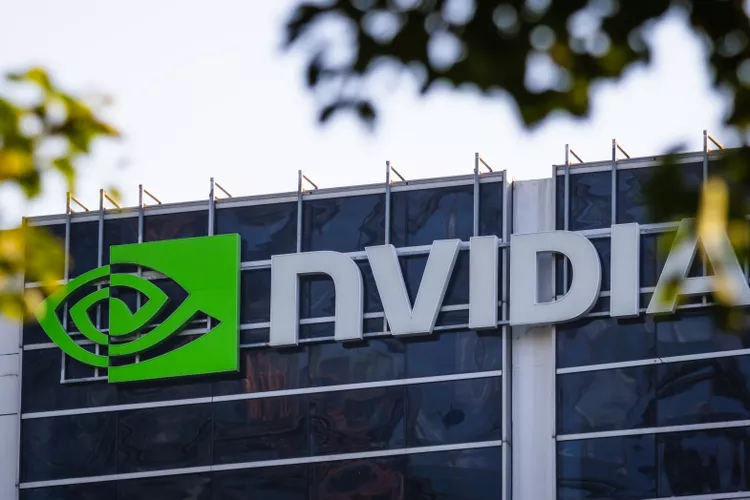The Biden administration is reportedly planning to tighten restrictions on Nvidia’s AI chip exports, a move aimed at limiting the transfer of advanced technology to foreign nations, particularly China. These new measures come amidst growing concerns over national security and the global AI race.
Details of the New Export Restrictions
- Focus on High-Performance Chips: The restrictions target Nvidia’s advanced AI chips, such as the A100 and H100, which are critical for powering cutting-edge artificial intelligence applications.
- Global Impact: The export limits are expected to affect sales to China, Hong Kong, and other regions deemed sensitive for national security.
The Biden administration had already placed restrictions on AI chip exports in late 2024, but the new measures will expand the scope of limitations to cover additional products and regions.
Reasoning Behind the Move
- National Security Concerns
- Advanced AI chips could enhance military capabilities and surveillance technologies in rival nations.
- Limiting exports aims to curb China’s ability to develop AI-driven military and surveillance systems.
- Maintaining Technological Superiority
- The U.S. seeks to retain its lead in AI and semiconductor innovation by restricting access to key technologies.
Impact on Nvidia and the Industry
- Financial Consequences for Nvidia:
- China accounted for approximately 25% of Nvidia’s total revenue in 2024. The expanded restrictions could lead to a significant revenue loss.
- Nvidia shares dropped 3% in premarket trading following the report.
- Global Semiconductor Supply Chain:
- The restrictions may prompt China to accelerate its efforts to develop domestic alternatives to Nvidia’s chips.
- Other U.S. chipmakers, such as AMD and Intel, might face similar export limitations.
The restrictions are part of a broader effort by the U.S. to curtail China’s access to advanced technology. In response, China has criticized the measures, calling them an attempt to stifle its technological growth. The move further escalates tensions between the two nations, with potential ripple effects on global trade and technology partnerships.










